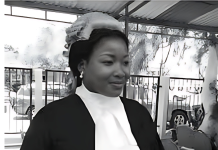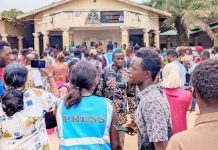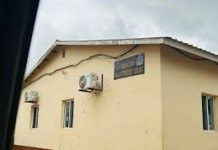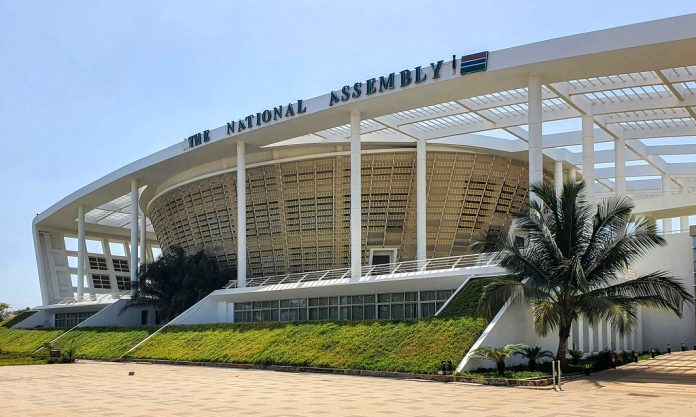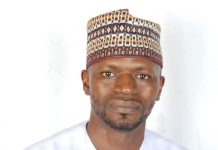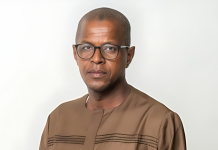By Kebba AF Touray
In response to mounting public pressure and growing political tensions, The Gambia’s National Assembly is set to convene an extraordinary session from May 14 to 15, 2025, to consider a motion for the creation of a Special Select Committee to investigate the sale and disposal of assets belonging to former President Yahya A.J.J. Jammeh. The move comes amid intensifying scrutiny over how the ex-leader’s vast holdings have been managed since his ouster in 2017.
According to a press release from the Office of the Clerk of the National Assembly, the session will begin at 10:00 a.m. each day and will focus on one primary agenda item: the establishment of a parliamentary inquiry into the transactions surrounding Jammeh’s confiscated properties. “The Office of the Clerk…wishes to inform the general public that the National Assembly will convene an Extra-Ordinary Session…to consider a Motion to Establish A Special Select Committee to conduct an inquiry into the Sales and Disposal of Assets and Properties of former President Yahya Jammeh,” the statement read.
The decision to call an emergency session follows weeks of public outrage triggered by an investigative report published by The Republican newspaper, which revealed questionable details surrounding the auctioning and sale of Jammeh’s assets. The report disclosed that more than D57 million had been raised from the sale of livestock, vehicles, and agricultural equipment. However, it also raised serious concerns about transparency, alleged undervaluation of assets, and the identities of the beneficiaries of these sales.
On May 8, a youth-led group known as Gambians Against Looted Assets (GALA) staged protests in the capital and other parts of the country, demanding full disclosure of all assets seized and sold, the names of all buyers, the final sales prices, and how proceeds were allocated. They also called for the establishment of an independent oversight body—including representatives from Parliament, the National Audit Office, and civil society—to supervise the asset disposal process. Their demands extended to the immediate withdrawal of the nomination of former Justice Minister Abubacarr Tambadou to the International Criminal Court (ICC), citing concerns over his role in the asset recovery process.
Despite being denied a permit, at least 20 GALA members were arrested during the protest, prompting criticism from rights groups and adding to the sense of urgency now gripping the legislature.
The motion to establish the Special Select Committee was formally submitted by Majority Leader Hon. Billay G. Tunkara on May 6. Depending on the consensus among lawmakers, the motion could be adopted by majority vote or by unanimous agreement during the two-day sitting. If established, the committee would be tasked with examining not only the sales transactions but also the broader institutional handling of Jammeh’s assets—many of which were confiscated following recommendations by the Janneh Commission.
The inquiry would come at a time when both the credibility of the transitional justice process and the integrity of public institutions are under public scrutiny. While the government has defended its efforts to recover misappropriated wealth, the lack of full disclosure, particularly regarding proceeds and beneficiaries, has fueled suspicion and claims of selective justice.
Civil society actors and segments of the media have urged that the proposed parliamentary inquiry be held in full public view, in contrast to the closed-door hearings of the ongoing Petroleum Products inquiry. Calls for transparency have been amplified by past instances of opaque dealings that undermined public trust in governance.








